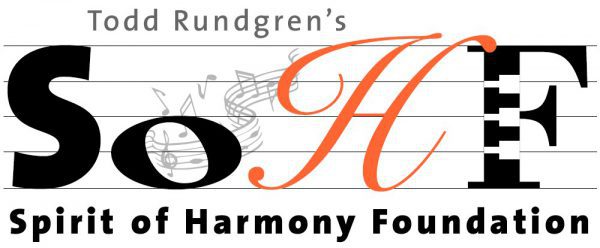The Economic Value of Musical Training: An Interview with Kevin Ellman and John Siegler
The strongest evidence for the benefits of music education program comes straight from individuals who have been personally transformed by their music education experiences. The following interview with Kevin Ellman and John Siegler (two-part series). Kevin is a musician and financial planner, and illustrates how powerful musical training can be beyond the realm of music, explaining how his own musical training prepared him for his career by strengthening his skills of active listening, focus, and critical thinking.
Music education helps young people acquire the life skills, traits, and attributes necessary to broaden the horizon of career opportunities in any field of endeavor, not only for careers in music performance or the music industry. The positive effects of music (higher graduation rates, better grades, more positive choices, and relationships with mentors) increases the overall lifetime economic prospects for individuals who have had music education in their lives.
Based on the results of the Spirit of Harmony Foundation’s ongoing research, we find that there is comprehensive evidence of the biological, social, and academic benefits of music education, but very little solid research done on the economic benefits. However, based on the biological, social, and academic research that exists, it can be inferred that those benefits manifest in significant short term and long term economic results.
Compared to the general population of children, students who study music are found to have the following traits which result in increased economic success throughout life:
- Higher rates of graduation
- Increased general academic success
- Double the rate of college admission
- Better career viability
- Heightened abilities to work with others successfully
- Good citizenship/lower incarceration rates
Economists find it particularly challenging to attribute economic success to music education because of the difficulty in identifying clear causal relationships. For example, children who have an after-school music program earn better grades, but are the better grades due to the music or to the fact that they are in any after-school program? Another example is music students have far higher rates of high school graduation, but are those rates due to the music education or to the mentorship implicit in music lessons, or to the better grades or socialization skills associated with music education, or other factors?
Finally, as with athletics, there is always the possibility that music education will lead to stardom. While stardom is not a realistic goal in most cases, the music industry offers a wide range of career opportunities, and some of those opportunities can lead to significant earning.
Resources:
